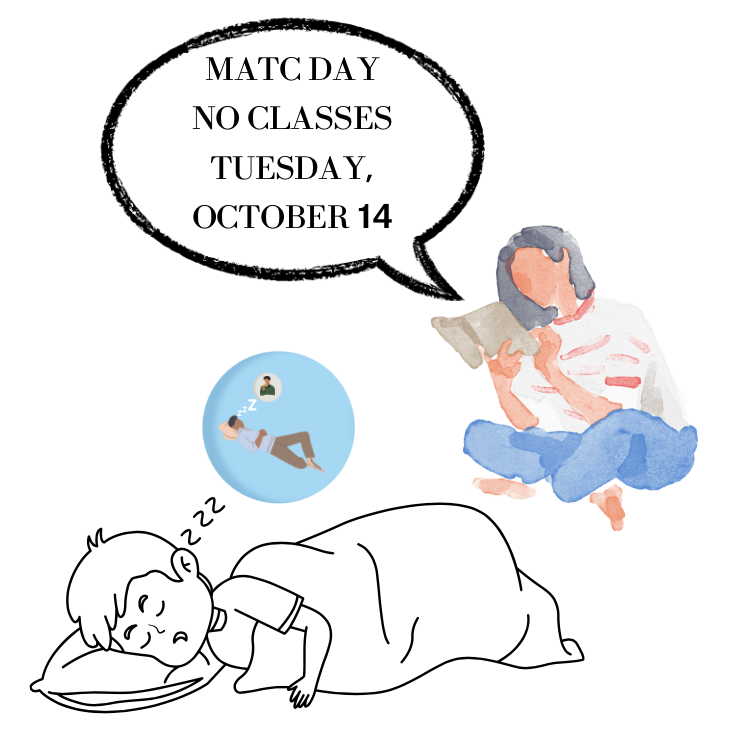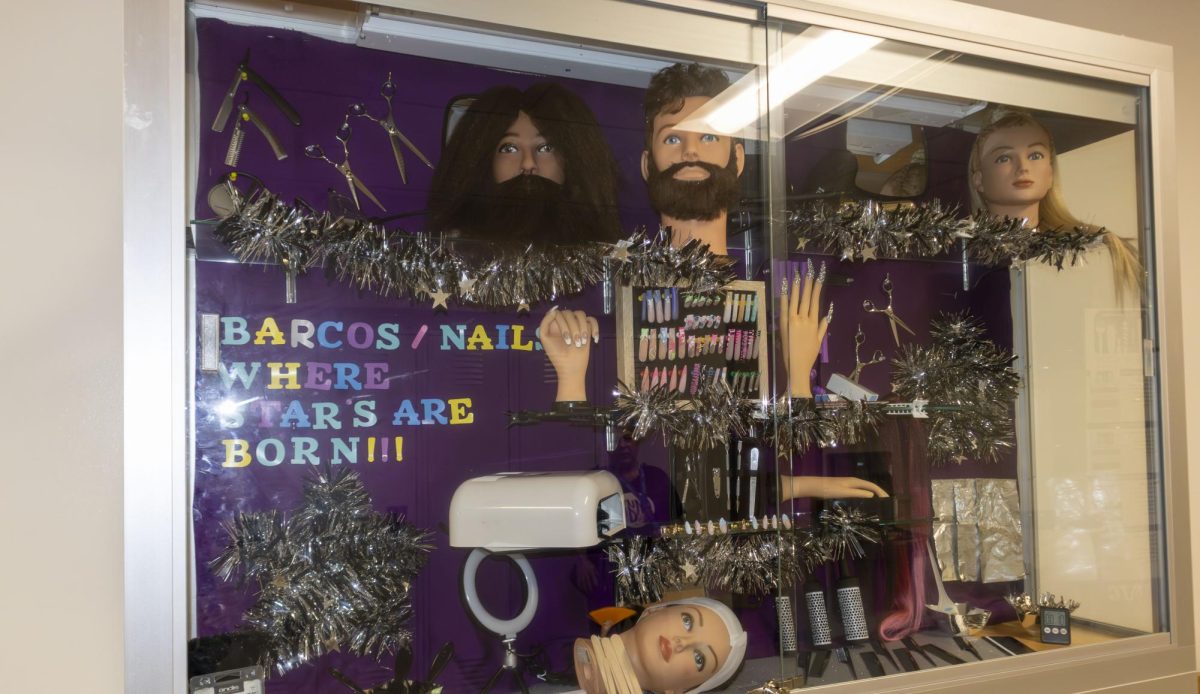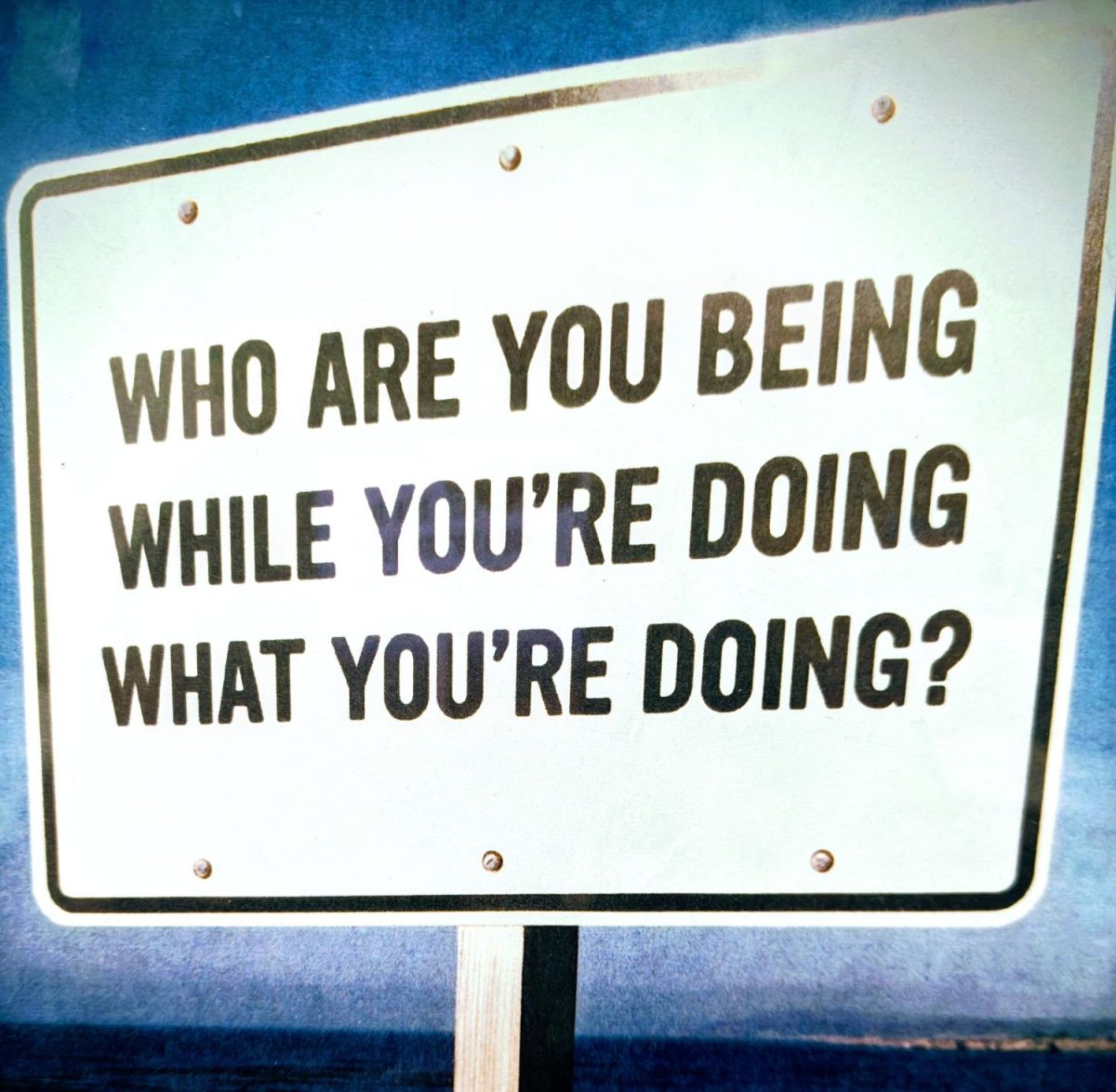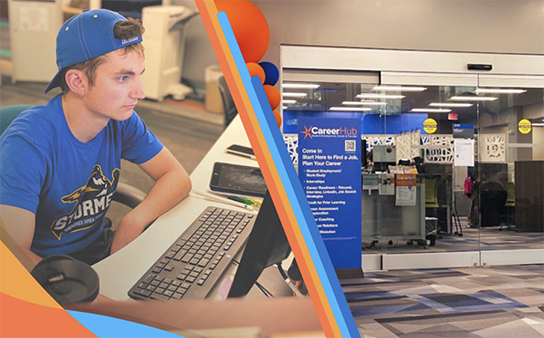Are you considering turning your passion into a career or changing your career aspirations this year?
The start of a New Year can mean new beginnings. Just like personal resolutions, career goals can help you stay motivated, focused, and on track to achieve your dreams. The tricky part of the equation is usually figuring out how to take those desires and translate them into an actionable plan.
It is important to answer a few questions in the process. Who am I? Where am I going? How do I get there? If you’re hoping for a new job or career this year, there is a multi-step process that can help you move in the right direction.
WHO AM I? Discover Yourself
The first step in your career development involves reflecting upon your interests, personality, skills, strengths and accomplishments. Assessments are one part of the career exploration process. Listed below are a few self-assessment tools to see whether it’s really the right choice for you. This step will help you gauge your marketable skills as well as your interests to see whether that particular career or school might be a good fit.
- O*NET Profiler (My Next Move)
Your tool for career exploration and job analysis! O*NET OnLine is sponsored by the U.S. Department of Labor
- O*Net Profiler in Spanish (Mi Proximo Paso)
¡Tu herramienta para explorar carreras y análisis de puestos! O*NET OnLine fue creado por el Departamento del Trabajo de EE.UU.
- Wisconsin Technical College Career Quiz
This is a quick quiz to identify career areas that align with your interests.
WHERE AM I GOING? Research Occupations
Understanding careers requires exploration, experience and knowledge. The world of work is continuously changing. Exploring job market information is an important part of the career planning process. Use the resources below to learn more about careers.
- US Bureau of Labor and Statistics (Occupational Outlook Handbook)
The Occupational Handbook is a career resource providing information on the hundreds of occupations in the United States. Each occupational profile describes the typical duties performed, the work environment, the typical education and training needed to enter the occupation, the median pay for workers, and the job outlook over the coming decade for that occupation. - Wisconomy
This is your source for Wisconsin economic and labor information.
HOW DO I GET THERE? Explore MATC Programs
Implementing your career plan often requires education and training. MATC offers over 170 associate degrees, diplomas and certificate programs. Many associate degrees have related diplomas and certificate programs that allow you to move your credits from one credential to the next.
Career Coaches are available at MATC to help you explore your career goals that match to MATC programs. If your career plan requires a bachelor’s degree, MATC can be a starting point. Visit MATC’s CareerHub here.





























































